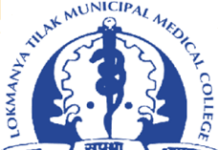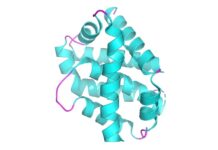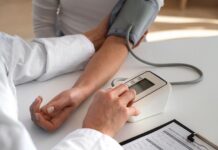A groundbreaking study led by the University of Arizona College of Medicine–Tucson’s Sarver Heart Center has revealed that a subset of artificial heart patients can regenerate heart muscle, paving the way for potential new treatments and even a cure for heart failure. The findings, published in the journal Circulation, mark a significant step forward in cardiac research.
Dr. Hesham Sadek, MD, PhD, director of the Sarver Heart Center and chief of the Division of Cardiology, compared the regeneration of heart muscle to skeletal muscle repair, noting the challenge of reversing heart muscle loss. “We have nothing to reverse heart muscle loss if the heart gets injured,” he said.
The study, funded by the Leducq Foundation Transatlantic Networks of Excellence Program, was a collaboration involving international experts. Tissue samples from artificial heart patients were provided by the University of Utah Health and School of Medicine, under the leadership of Dr. Stavros Drakos, MD, PhD. Teams from the Karolinska Institute in Stockholm, led by Dr. Jonas Frisen and Dr. Olaf Bergmann, employed innovative carbon-dating techniques to determine whether the samples contained newly generated cells.
The research demonstrated that artificial heart patients regenerated muscle cells at a rate more than six times higher than healthy hearts, offering the strongest evidence to date of the human heart’s ability to regenerate.
“This is exciting because it confirms the heart’s intrinsic capacity for regeneration,” Dr. Sadek said.
Earlier work by Sadek, including a 2014 study published in Science, hinted at this potential, showing that artificial hearts, which allow the heart to “rest” by pumping blood mechanically, might promote cell regeneration.
Only 25% of patients showed evidence of heart muscle regeneration, prompting Sadek to investigate why some respond while others do not. “The ones who respond clearly have the ability to regenerate heart muscle,” he noted.
Dr. Sadek envisions a future where reliance on mechanical hearts diminishes, with regenerative therapies providing long-term solutions for heart failure. “This study offers direct evidence and hope for delivering heart muscle regeneration in the future,” he said.
As reported by economictimes, the findings offer new possibilities for revolutionizing heart failure treatment and advancing regenerative medicine.
























